Paul Humphreys and Andy McCluskey were two lads from The Wirral who creatively realised their passion for European electronic music following the purchase of a Korg M500 Micro-Preset synthesizer.
Having formed a more conventional outfit called THE ID, they grew frustrated with the band format and felt they could better pursue their more experimental leanings inspired by their love of KRAFTWERK, NEU! and LA DÜSSELDORF as a duo.
Backed by a TEAC tape recorder named Winston owned by Paul Collister who became their first producer and manager, Humphreys and McCluskey played their first gig as ORCHESTRAL MANOEUVRES IN THE DARK at Liverpool’s Eric’s in Autumn 1978. Roger Eagle who ran the club liked what he heard, leading to more gigs and visits to other cities.
Eventually the single ‘Electricity’ b/w ‘Almost’ was released in June 1979 on Manchester’s Factory Records, housed in a black-on-black thermographed sleeve designed by Peter Saville illustrating the two songs as avant garde music notation. Gary Numan heard the single at his label Beggars Banquet and the rest as they say is history…
With OMD currently on a huge world tour to celebrate their 40th Anniversary, Paul Humphreys took time out to speak from California about their past, present and future…
Who’d have thought when you were recording ‘Electricity’ in Paul Collister’s garage, you’d still be doing it after 40 years!?
I still find it utterly amazing and rather fantastic that after 40 years, OMD is still alive and well, selling out big tours and making what even our harshest critics consider to be relevant new records. We’ve said this many times but we really only planned to do one concert at Eric’s club in Liverpool in 1978, as kind of a dare to each other.
So it was the series of chance meetings of important people that followed that led to an incredible series of doors opening for us that led the way to our success, probably the most important of which was Tony Wilson at Factory Records. We considered ourselves an art project, Tony saw us as pop music. Time then proved that we could actually end up being both. I remember a confused executive at Virgin Records once saying, “What exactly are you trying to be, Stockhausen or ABBA?” We said, “Can’t we be both?”
When was the moment you thought OMD might have legs, was it the Gary Numan tour, signing to Dindisc or was it much further in?
It took us a long while before we realised that OMD could actually have a future. We tried not to believe some of our friends on the Wirral who thought we were a bit crap and thought we made weird and mostly unnaccessible music, and in the back of our minds we always thought “hmmm… perhaps they are right…” to the point where after we signed a 7 album record deal, we still budgeted for failure by spending nearly all of our signing on advance money, building a modern studio in the centre of Liverpool. The deal we signed with them, gave them the right to terminate at any time, yet we couldn’t, so our rational was to at least have a recording studio as a viable business, if and when Dindisc / Virgin ripped up the contract.
I think it was when we stood on the stage at Top of the Pops for the first time, playing ‘Messages’, that we had a little inkling that maybe, just maybe, we are doing something good… but yes you mentioned Gary Numan. We love Gary and he did give us a massive opportunity to play on big stages, frighteningly big stages for 2 kids who weren’t even 20 years old!
At that time we couldn’t have dreamed that only a few years later, we would be playing the very same stages but this time as the headline act selling them out. I saw Gary only recently when he played a fantastic concert at the Royal Albert Hall, and after we had a little reminisce about what a fantastic tour that was, don’t forget that for Gary, that was his first major tour too, which went on to define him as a fantastic live artist.
It’s not like OMD has stood still. After a tentative recorded return, ‘English Electric’ in 2013 was perhaps stylistically the album that many had been waiting for since 1984, how do you look back on it all now?
It was a scary thing making a new OMD album after so much time had passed. We hit a point where we had had several years of touring since we all got back together. The touring was very successful, and it was wonderful to be touring with Andy, Martin and Mal again (and now of course with Stuart) and we really enjoyed taking picks from our career catalogue, and playing the whole of ‘Architecture & Morality’ live was so much fun.
But, after several years of this, we thought, is this it? Do we really want to just be considered a retro band just trading on our former glories? Don’t get me wrong, for some bands that’s absolutely fine and in no way am I criticising them for doing it because songs are like little time capsules and when you play them people are transported back to the time they were released and remember the people they were at that time and they people they were with, and associated feelings, events and emotions of the time. That is essentially the power of music, and we recognise this, and we really really love playing and picking songs from our big catalogue.
So why not just give new songs a try, after all moving forward and looking to the future was the band’s original remit? So, without announcement we went back into the studio to just see if we still had something relevant to say, in the voice of OMD. ‘History Of Modern’ was the album that we look back on as getting the OMD engine running again, and I think it has some really great tracks on it. It certainly was very well received by fans and critics alike.
For me, despite the fact that I think it’s a great first offering after many years, it doesn’t quite have the sonic and stylistic cohesion that ‘English Electric’ or ‘‘The Punishment of Luxury’
has, I think largely to do with the fact that the songs were selected from the ideas we’d both had collected over several years independently and we worked them up together. We did try being very modern sending ideas to each other via the internet and working independently as I live in London and Andy lives on the Wirral.
But you had a bit of a re-think?
When we realised that it really didn’t work to our satisfaction, we changed the way we worked for the following 2 albums, kind of going back to how we used to write and create in the very beginning, being in the same room at the same time throwing ideas into it and seeing what happened…
There is no replacement for that, it sounds bloody obvious really as its most creative way to interact, so now we mainly write up in Andy’s house and finish, overdub and mix in my studio in London.
‘The Punishment Of Luxury’ album maintained the standard, audiences didn’t think you could get any more electronic but you did!
Yes, ‘The Punishment Of Luxury’ was a definite return to our original roots. In deciding to play some of ‘Dazzle Ships’ at the Museum of Liverpool and the whole of ‘Dazzle Ships’ at the Royal Albert Hall, we found the preparation for them utterly fascinating.
We needed access to, and to be able to deconstruct our original recordings to retrieve all the mad radio samples and FX that were so randomly generated at the time as they couldn’t possibly be recreated, and, in listening to these old recordings in their multi-track form, we realised just how simple and how very electronic they were. It was a real ‘eye opener’ to be honest, and therefor made the remit for ‘POL’, to try to go back to a “less is more” philosophy, the discipline to be as simple and as electronic as we could make it yet also trying to sound ‘modern’…
You made good use of the Omnisphere VST on ‘Isotype’, what are your preferred creative tools these days?
We made almost the entire last 2 albums completely in the box so to speak, inside the computer with Protools using a lot of modelled analogue synths from the early days such as the Jupiter 8, Prophet 5, Virus, ARP etc, but also using new synths that have never previously existed in the physical world that provided colours and sounds that we found new and inspirational, namely the Omnisphere (great for melody sounds such as the one in ‘Isotype’) and also Waves have a great synth / sequencer called Element which we used extensively.
The problem these days is that there are so many sound possibilities that unless you’re really careful, you can get so completely lost in your choices and exhaust yourself exploring all those possibilities, you can forget the initial goal which is to write a good song! We call this ‘the tyranny of choice’. These days we find it important to reduce the choices by deciding on a sound palate, in the same way a painter decides his colour palate for a particular painting.
For ‘POL’ for instance, we decided that we should only use small electronic sounding drums and percussion, and only drew from that palate… between us Andy and I literally have a library of thousands of kick drums and thousands of snare drums, unless you reduce that into small categories, you’re completely lost.
The live set-up has changed from Roland Fantoms X8s to Native Instruments Komplete Kontrol S88s, how have those been to use on tour?
Yeah, when we first got back together in 2006, Roland had a great synth / sampler out called a Fantom X8, so I sampled all of our sounds into that machine for myself and Martin to play, it took me months and months, I had to sample Mellotrons, Fairlights, organs, and sounds from all of our analogue synths we used to use.
Some of those early synths we had to find a re-buy from Ebay as we’d either lost them or they were broken beyond repair. There was a night when Andy and I were both bidding against each other on Ebay for the same synth, a Korg Micro Preset. Idiots! We could have got it for so much cheaper if we’d spoken on the phone first… DOH!
Anyway, the Fantoms got old, they started to develop problems, and Roland stopped making new ones. One day Roland called to say they had a new version of Fantom called a G8 about to come out and asked if we wanted to try it out, I said great, can you talk me through how to export all my sounds into the new machine from the old? To which they replied, oh you can’t do that, you’ll have to resample everything… yeah sure, another 3 months’ work… NOOO!
Not an option, so we kept buying Fantom X8s on Ebay to replace broken ones until THEY started to fail and finally decided to switch to a system that has built-in redundancy, the world of laptops and Native Instruments Kontakt running in MainStage. It still meant that we had to spend months importing all the sounds them into the new system, but for the last time!!! I have to confess something, we employed a tech geek to do it for us, I couldn’t face doing it again myself!! *laughs*
Have you any thoughts on these hardware synth reissues like the Korg ARP Odyssey and Korg MS20 Mini, the new Prophets or those Behringer clones? Are they something that would interest you?
I think it’s great that they are made available again, but they are not all exactly the same as the originals, most of the core engines and oscillators are different and are digitally controlled. I’m actually more interested in new hardware synths that I’ve never used. I’m gonna buy an Arturia MatrixBrute when the tour is over, it has a fascinating and versatile modulation matrix with a brilliant sequencer. I have a friend who owns one and is total love with it.
I also want to buy a Moog, the Moog One Poly looks amazing but it’s like £6k I think… ouch! Amazingly, we’ve never owned a Moog. Not sure why really, we were more drawn to Roland, Korg and Sequential Circuits synths as they seemed more suited to our needs.
While there were classic styled OMD songs on ‘The Punishment Of Luxury’ like the title track, ‘One More Time’ and ‘What Have We Done?’, there were more harder rigid numbers like ‘Robot Man’ and ‘Art Eats Art’?
As with all our albums, we like to remove ourselves from our comfort zone and explore new ways of writing songs, experimentation is our remit, and stylistic repetition can become boring, it’s very easy to fall into “Verse, Bridge, Chorus, repeat, then Middle 8, then Chorus to fade” arrangements of songs… sometimes that works fine, but I think we fell into that trap a little too much in the mid-80s. ‘Art Eats Art’, is basically a list of our favourite artists, designers etc. played over a tough electro track that’s bonkers and follows no standard arrangement format, as many of the songs on ‘‘The Punishment of Luxury’ and ‘English Electric’
do.
The 40th Anniversary ‘Souvenir’ tour is coming up, have you got a large pool of songs ready to perform depending on which territory OMD visits?
Yeah, there will be some surprises on the tour, it’s hard with so much to choose from, but we’re also limited by the amount of available time for all of us to programme and rehearse things that we’ve hardly ever or even never played before. There will be a few lovely surprises though! Can’t say anything else ?
And yes we do play a different show in other territories and that makes things a little more complicated for us. America didn’t properly accept OMD until ‘Junk Culture’ times and songs like ‘If You Leave’, ‘Dreaming’, ‘So in Love’, ‘Secret’ are really huge in the USA and there would be a riot if we didn’t play any of these, not so in Europe though.
The 2017 tour saw you bring in a pre-show online poll for fans to decide one song to perform out of a shortlisted three? How practical was that to implement as a band and will the system return?
We have no plans to do that on the next tour, it was kinda fun though and kept us on our toes every night, the crew didn’t like it much though as all the computers for stage and screen images, had to all be reordered at the very last minute!!
You personally got involved in the Abbey Road remasters of the first four OMD albums released in 2018, how did you find that experience? Did it prompt any interesting memories for you?
It was an amazing experience to work in Abbey Road doing the mastering, and it did bring back a lot of memories. It was a bit stressful though, as there have been so many different versions / mixes and edits of all the songs, choosing the right ones wasn’t an easy exercise!
What was more interesting to me was for the ‘Souvenir’ box set extras, I found 22 unreleased songs / ideas which I mixed and compiled into one album. It started by me going to the EMI archive near Heathrow, it’s a temperature controlled vault, with a giant foot thick steel door with an enormous wheel that you spin to open it, like you see in movies. All THE BEATLES tapes are in there, Bowie, Stones etc. It’s absolutely massive!
Everything OMD ever recorded is in there and I pulled out all the tapes I could find that I didn’t recognise the title for. It was difficult though as many times, we used working titles for songs that we’ve used that were changed at the last minute. I spent several days there taking tapes out and sending pictures of tape boxes to Andy for ideas and to jog each other’s memories. I ended up taking out tapes from around 1980 to 1990 period.
The problem I also had is that tapes from that era degenerate and actually you can’t actually play them now. The glue they used to put the oxide on the tapes starts to lose its stick so you have to bake the tapes in a special kiln oven to re-glue the oxide back on to the plastic tape, sounds completely mad I know, but it works!
So, I found 22 tracks, some of which are full songs and some are just experiments that were never developed, but I had great fun mixing them. I mixed them only using FX and E’s that we would have used at the period, spring reverbs, crappy delays and Eventide Harmonisers. I had so much fun doing them and there are a couple of absolute gems in there! The big take away for me in this whole exercise was to see how we used to work, pre-computers.
We basically used to lay down 5 minutes of one idea, then when we wanted a change of chord, we’d drop in the new section on different tracks, so on the desk we’d have to hand mute the first idea so they wouldn’t play together.
But of course I can’t remember where to mute things now as I barely even remember the songs themselves, never mind what our vision was at the time, so I was left with a giant puzzle working out what tracks have to be on or off at certain points of the song… it was great fun, I hope you enjoy it…
In 2015, OMD did series of gigs featuring ‘Dazzle Ships’ and ‘Architecture & Moraility’. As 2020 is the actual 40th Anniversary of the ‘Orchestral Manoeuvres In The Dark’ and ‘Organisation’ albums, are there any plans to do a similar type of special showcase?
I’m not so sure if we’ll play those albums in their entirely again, but we do have some future ‘specials’ planned and one is actually booked… That’s all I can say at this stage…
Would you consider trying to write a new song around the limited functions of the Korg Micro-Preset as a kind of “four decades on” experiment?
That would be an interesting experiment. Although the Micro-Preset was a totally limited synth and actually sounded pretty shit until you put the original signal through a long chain of FX processors, then it became an interesting synth. I think we may have already exhausted every possible sound that synth can ever make though!
ELECTRICITYCLUB.CO.UK gives its warmest thanks to Paul Humphreys
The ‘Souvenir’ 5CD + 2DVD deluxe boxed set is released on 4th October 2019 by Universal Music
OMD Souvenir 40th Anniversary 2019 – 2020 European + UK Tour, dates include:
Lisbon Aula Magna (15th October), Porto Casa da Musica (16th October), Madrid Riviera (19th October), Barcelona Apolo (21st October), Belfast Ulster Hall (23rd October), Dublin Olympia (24th October), Nottingham Royal Concert Hall (26th October), York Barbican (27th October), Hull Arena (28th October), Gateshead Sage (30th October), Glasgow Royal Concert Hall (31st October), Manchester Apollo (1st November), Sheffield City Hall (3rd November), Liverpool Empire (4th November), Birmingham Symphony Hall (5th November), Leicester De Montford Hall (7th November), Bath Pavilion (8th November), Oxford New Theatre (9th November), Guildford G Live (11th November), Portsmouth Guildhall (12th November), Watford Colosseum (13th November), Cambridge Corn Exchange (15th November), Ipswich Regent (16th November), Bexhill De La Warr Pavilion (17th November), Bournemouth Pavilion (19th November), London Hammersmith Apollo (20th November), Rostock Stadthalle (25th November), Dresden Kulturpalast (26th November), Leipzig Haus Auensee (28th November), Berlin Tempodrom (29th November), Hamburg Grosse Freiheit 36 (30th November), Berlin Tempodrom (2nd December), Stuttgart Leiderhalle (3rd December), Düsseldorf Mitsubishi Electric-Halle (5th December), Frankfurt Jahrhunderthalle (6th December), Krakow Studio (3rd February), Warsaw Progresja (4th February), Oslo Rockefeller Musichall (7th February), Stockholm Berns (9th February), Malmo KB (10th February), Copenhagen Vega (12th February), Brussels Ancienne Belgique (14th February), Utrecht Tivoli (15th February), Paris La Cigale (16th February)
https://www.facebook.com/omdofficial/
https://twitter.com/OfficialOMD
https://www.instagram.com/omdhq/
Text and Interview by Chi Ming Lai
14th August 2019

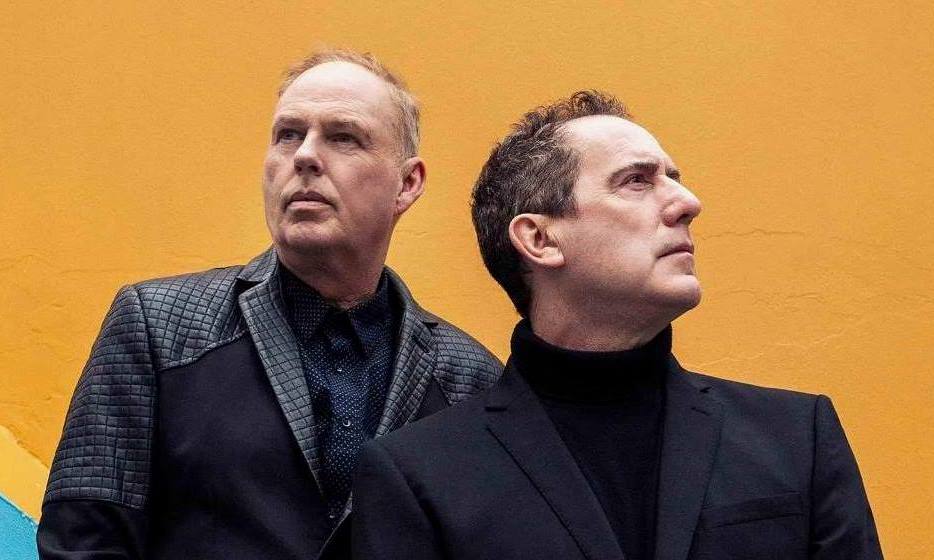
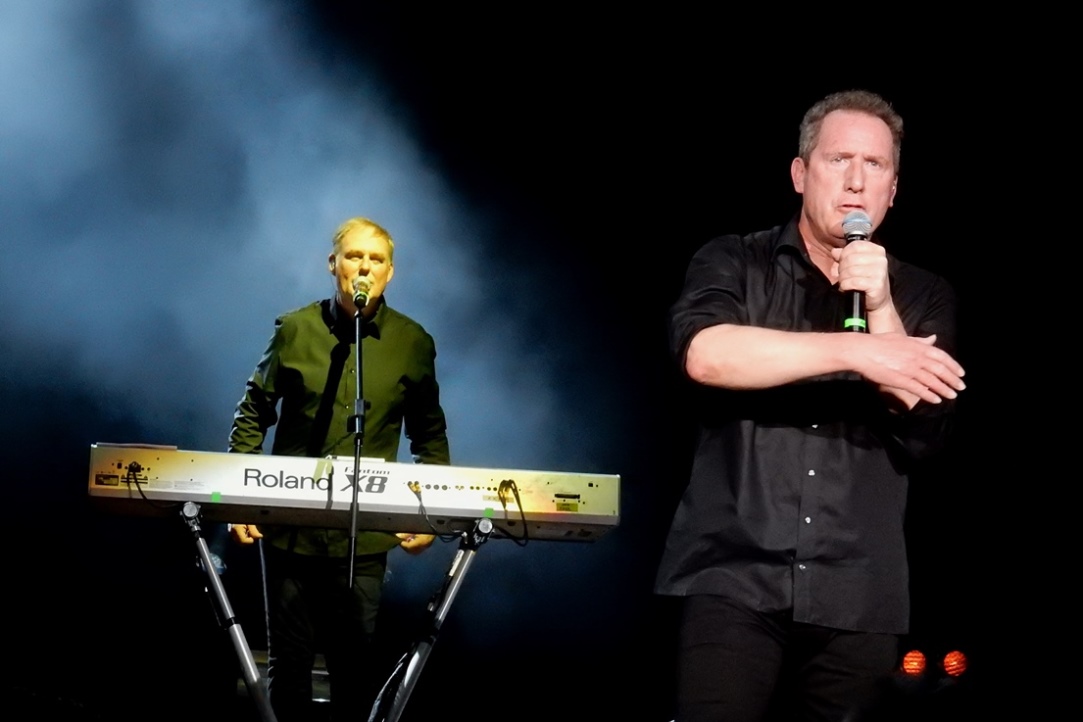
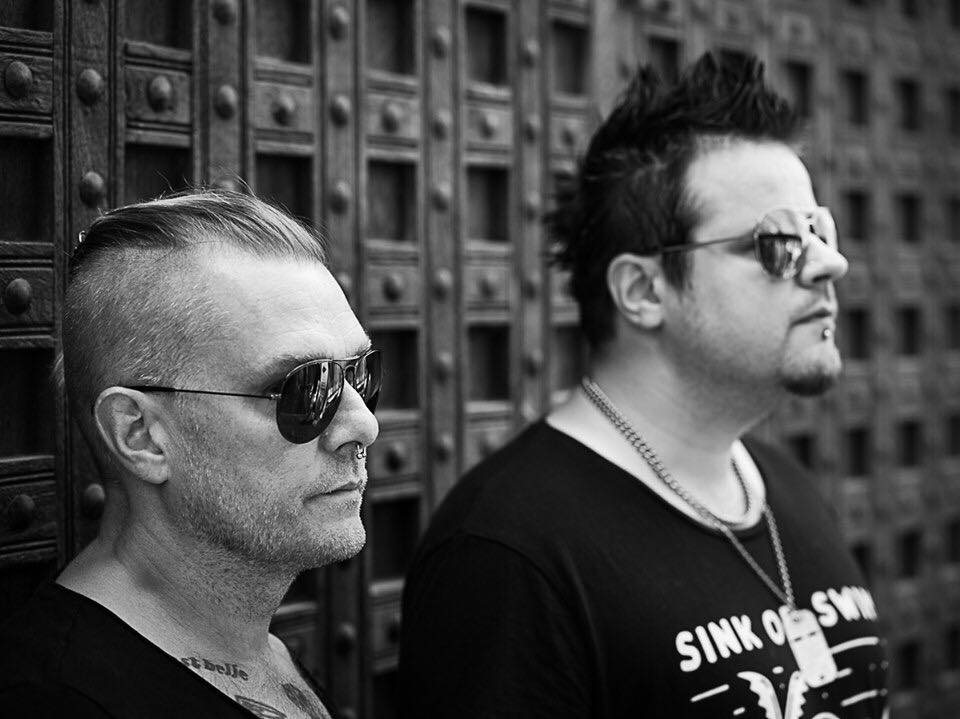
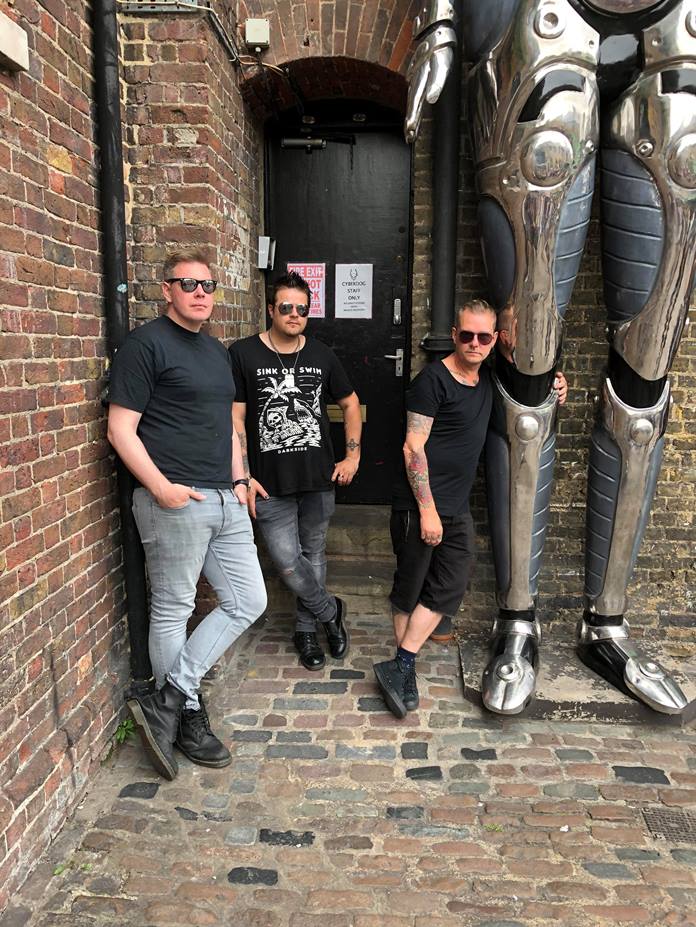
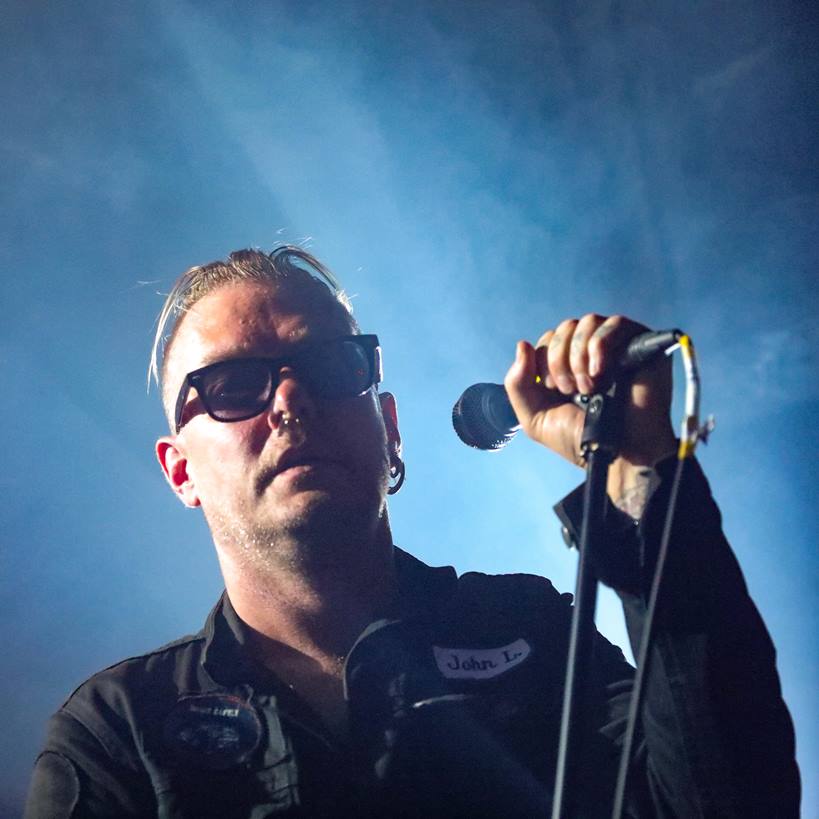
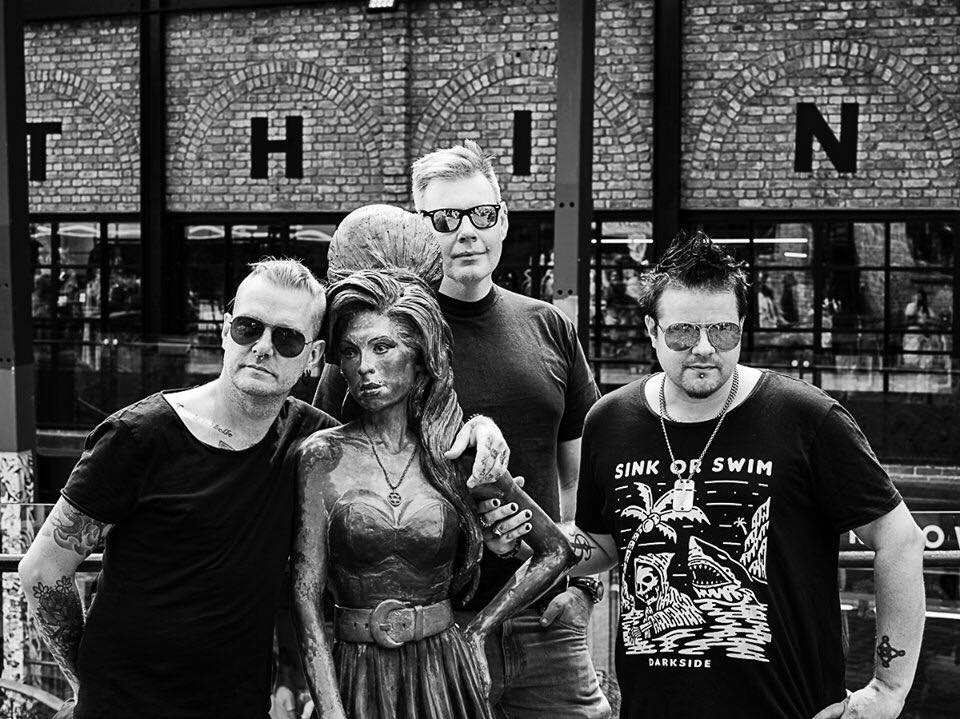
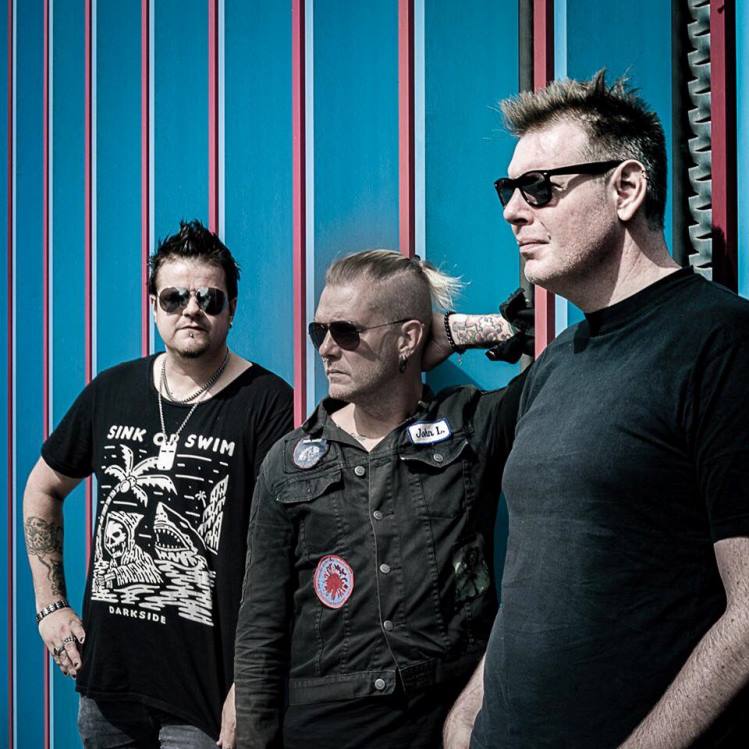
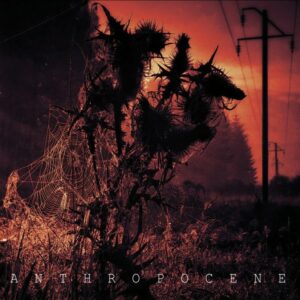
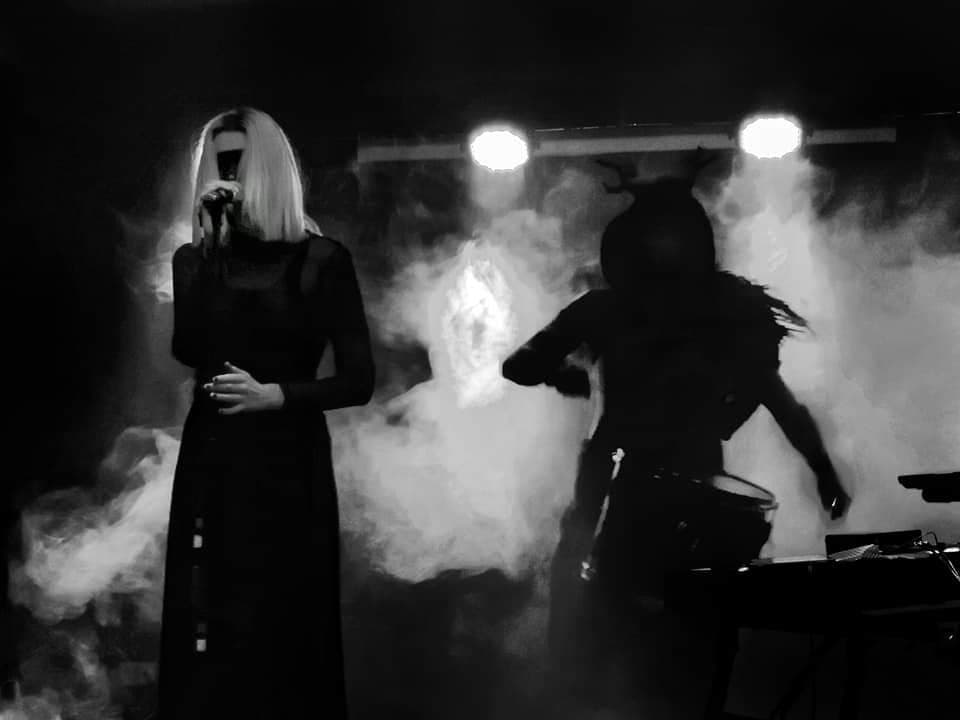
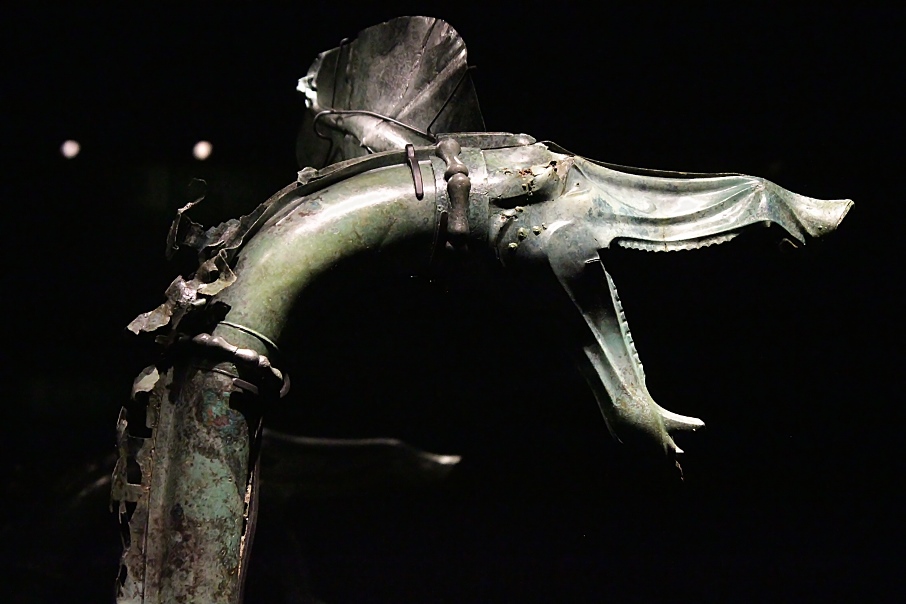
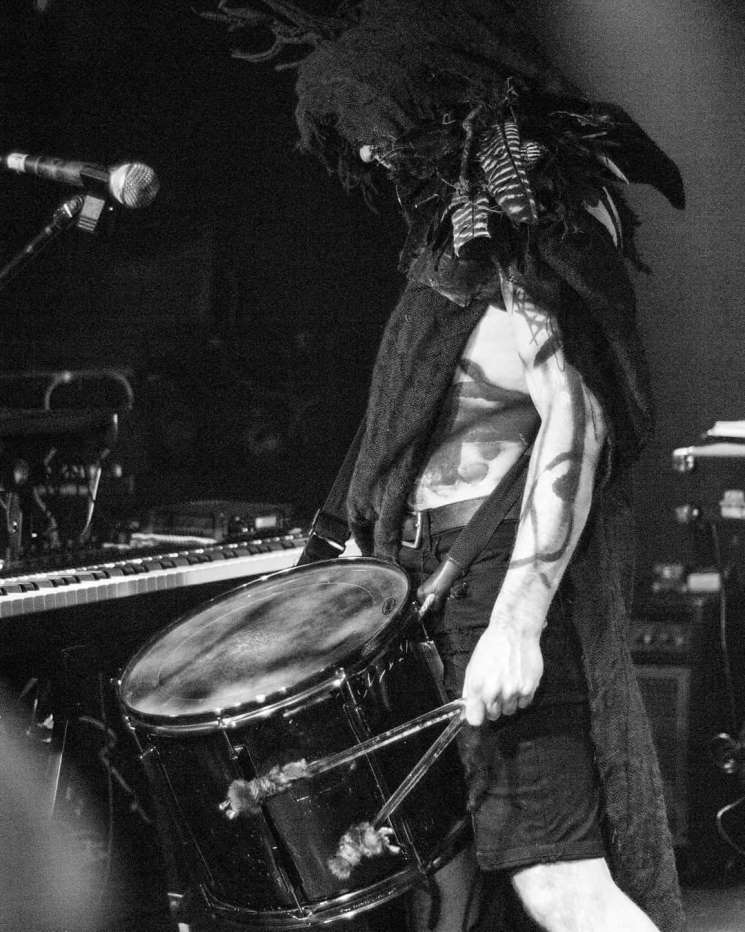
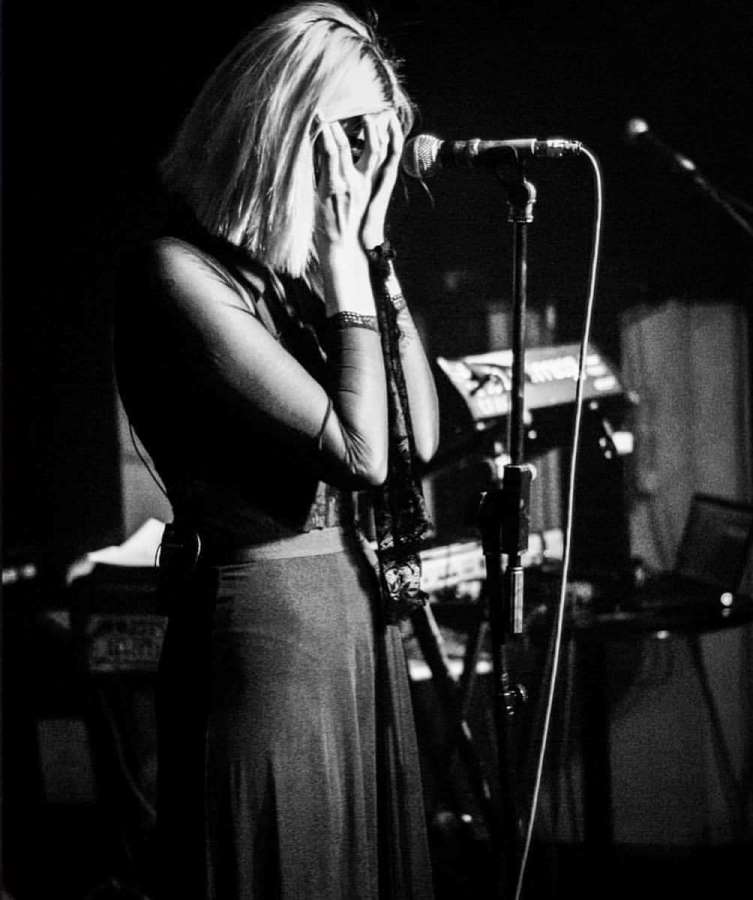
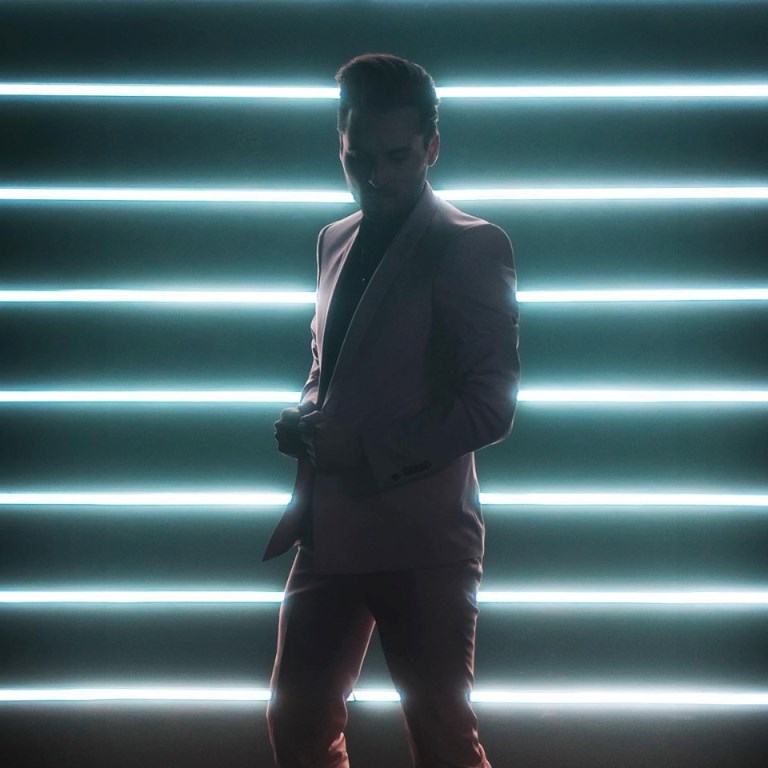
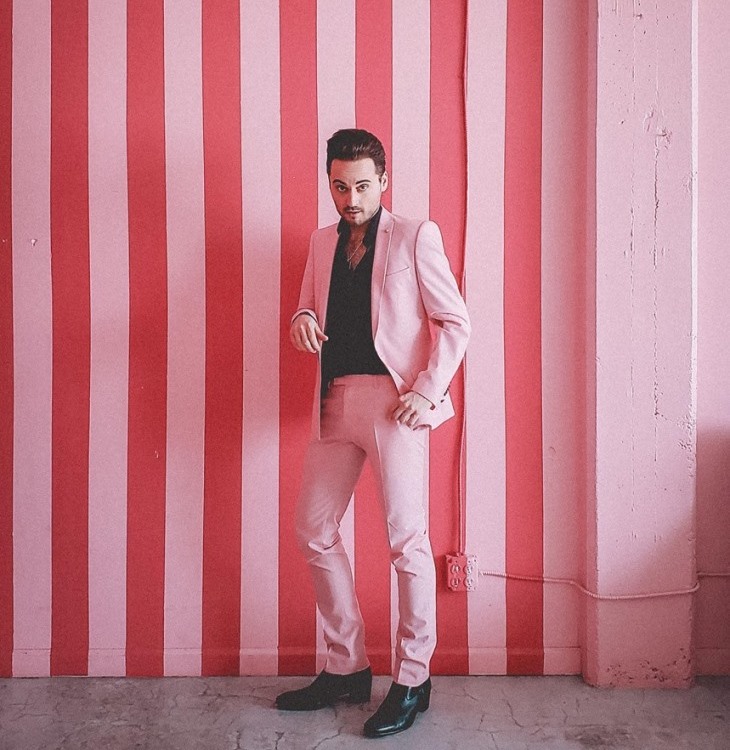

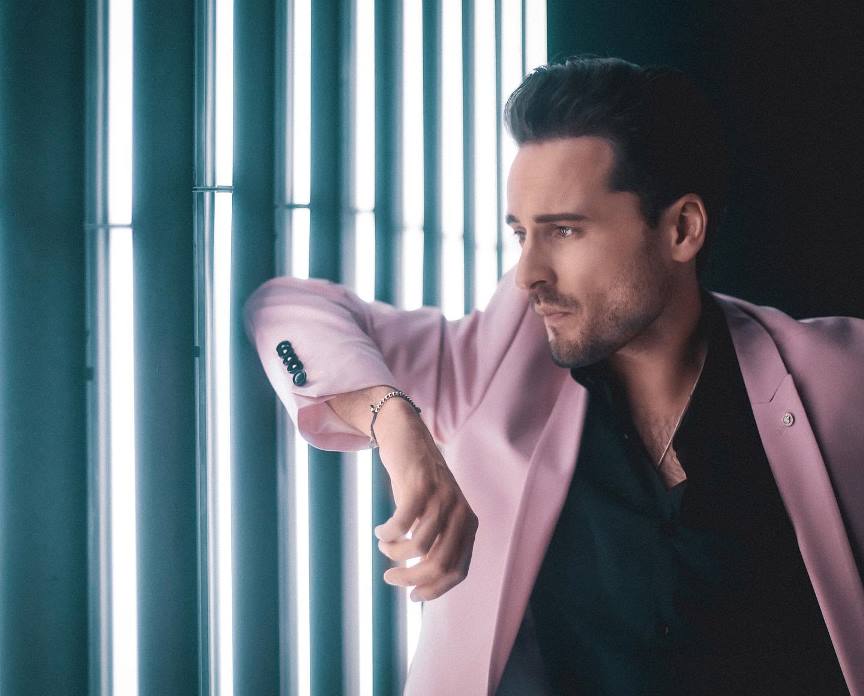

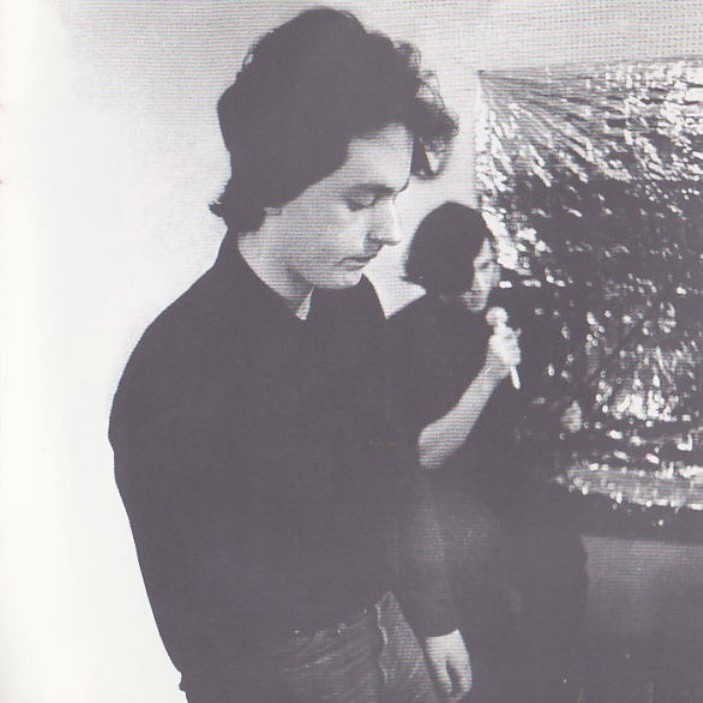
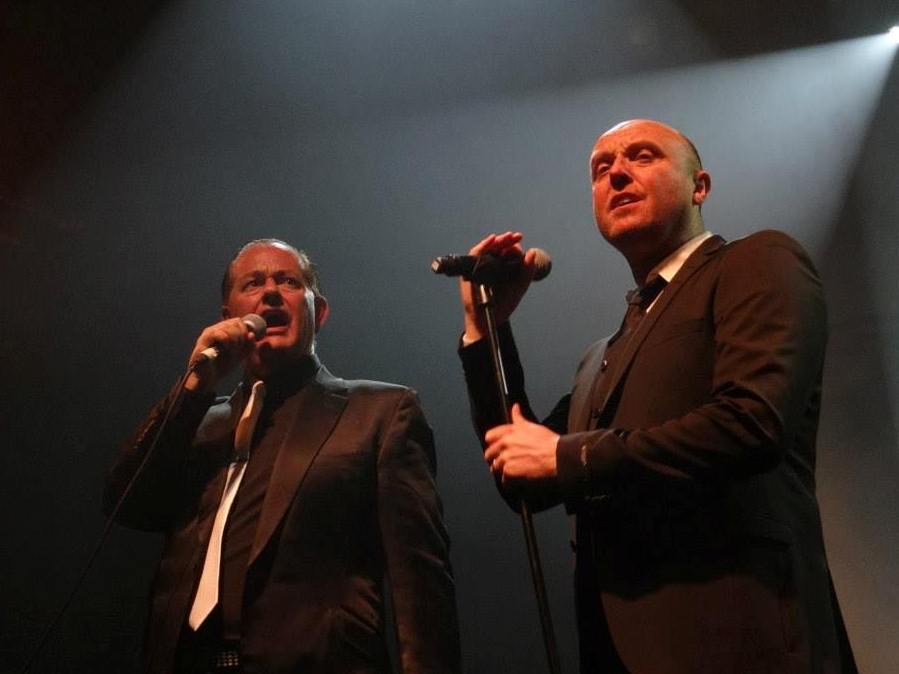
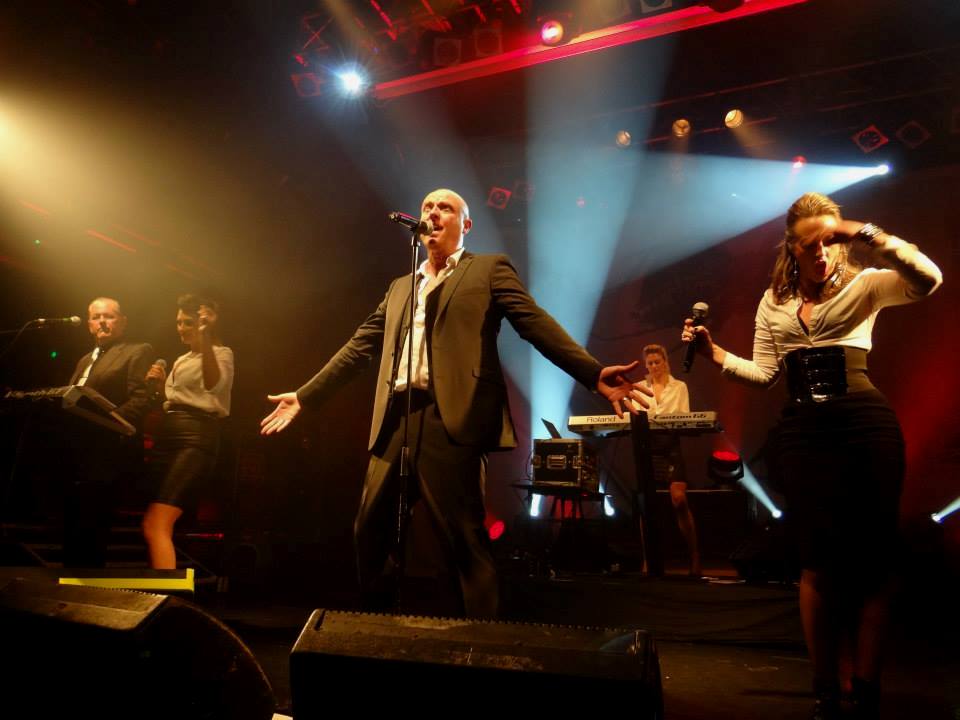
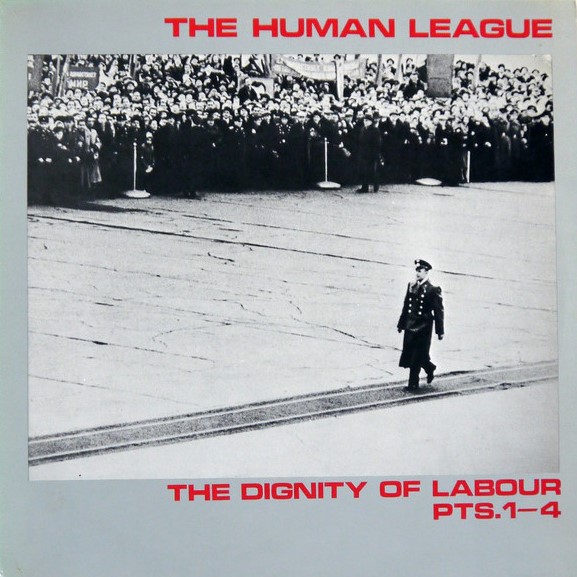
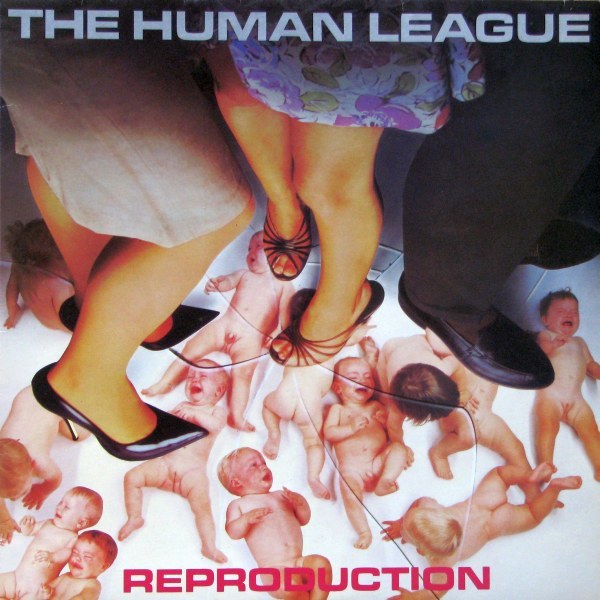
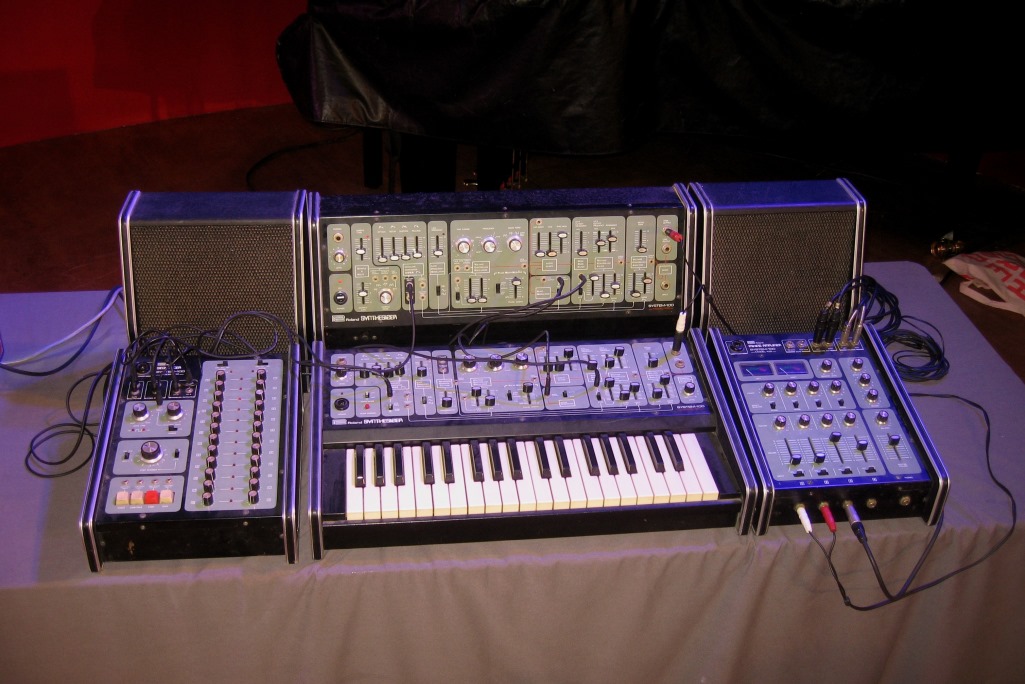
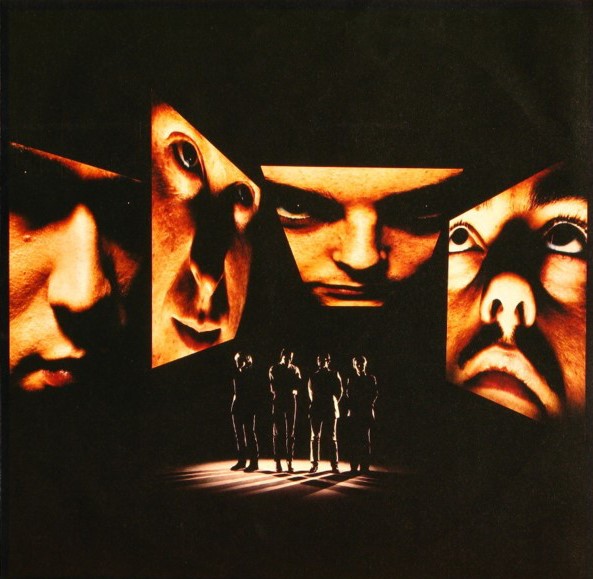
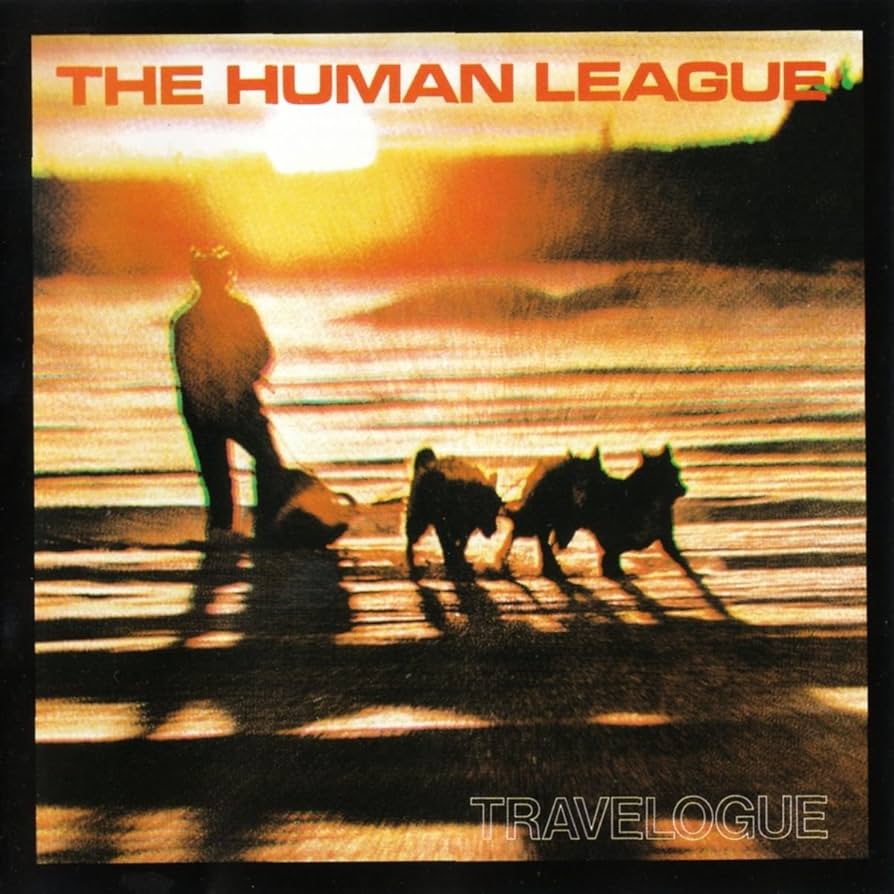
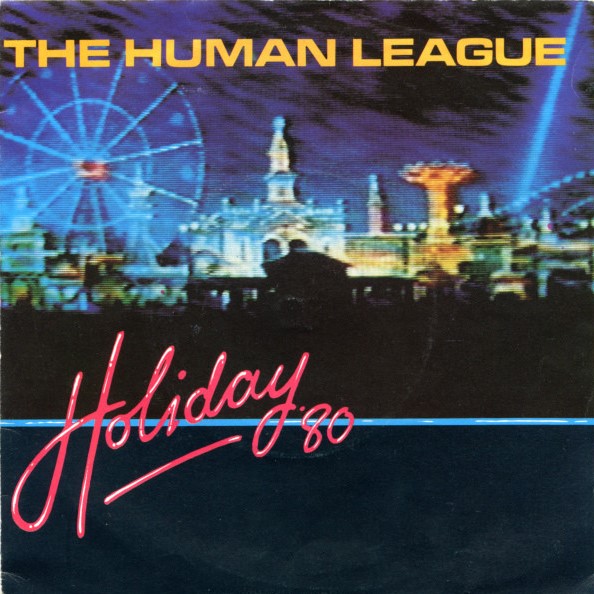
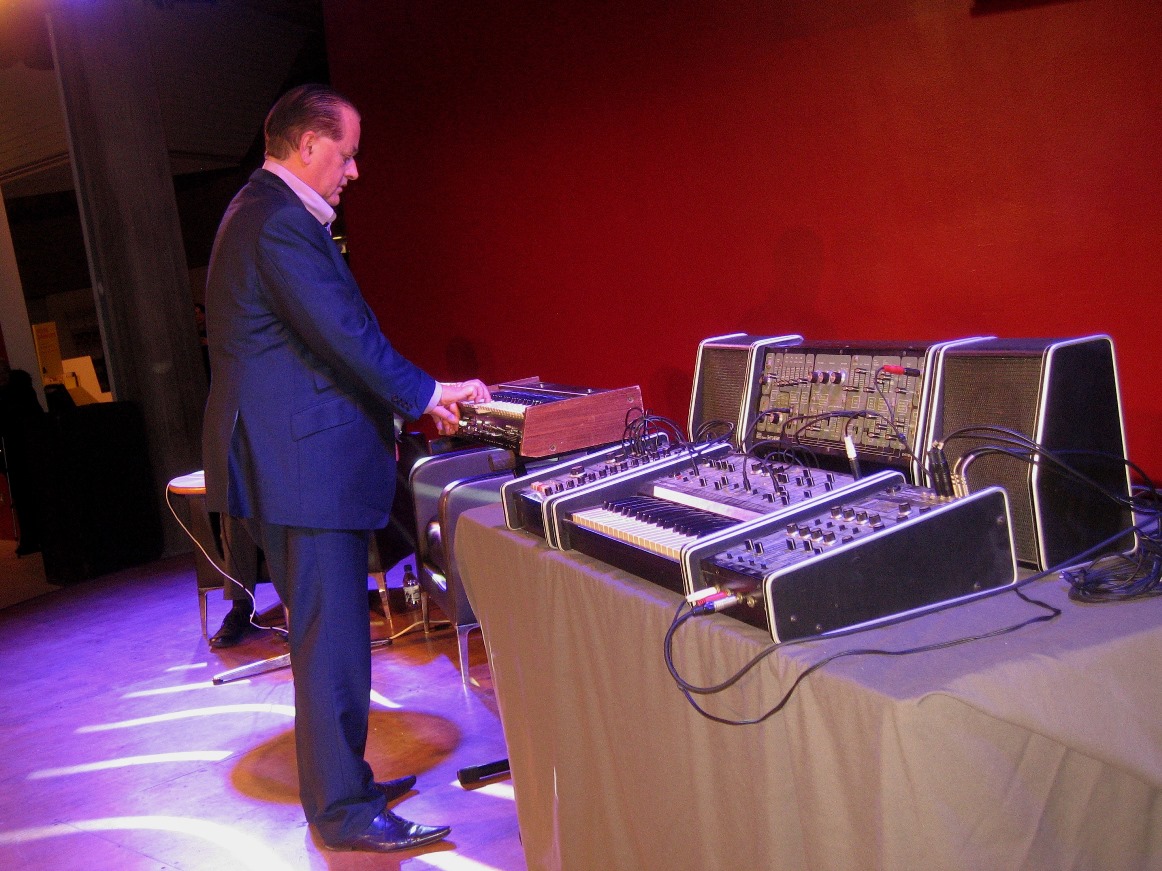
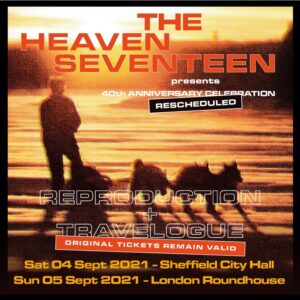
Follow Us!